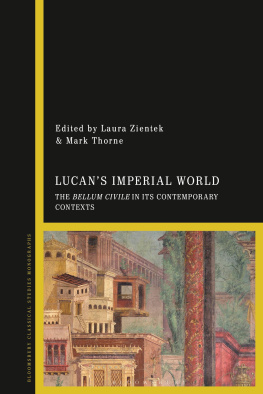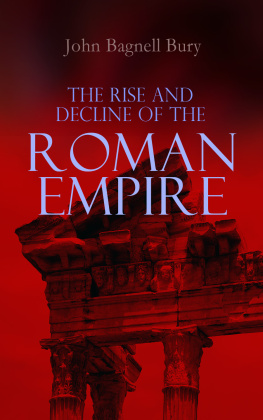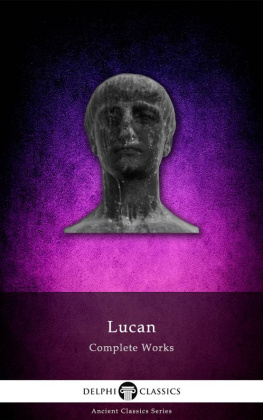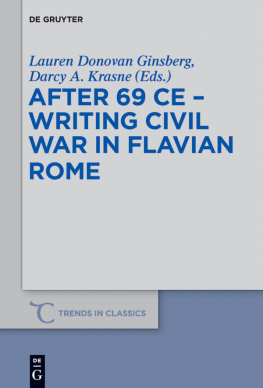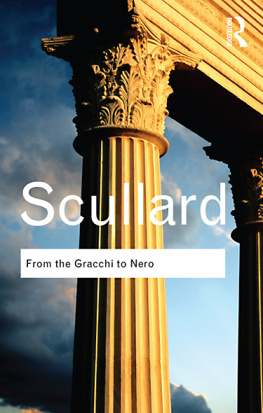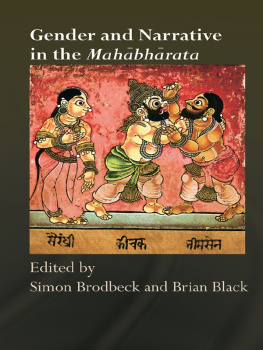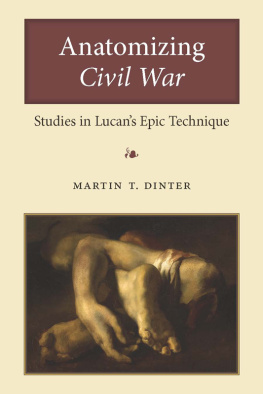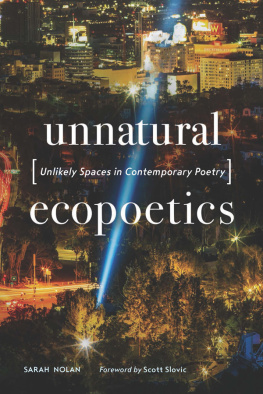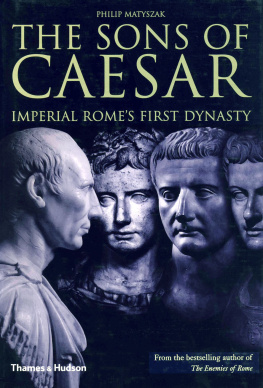
LUCANS IMPERIAL WORLD
Also published by Bloomsbury
ANTICIPATION AND ANACHRONY IN STATIUS THEBAID
by Robert Simms
LUCAN: BELLO CIVILI I
edited by Robert J. Getty
LUCAN: DE BELLO CIVILI VII
edited by O.A.W. Dilke
THE POET LUCAN
by Mark P.O. Morford

CONTENTS
Annette M. Baertschi is Associate Professor in the Department of Greek, Latin, and Classical Studies at Bryn Mawr College and Director of the Graduate Group in Archaeology, Classics, and History of Art. Her research interests include Roman imperial poetry, especially epic and tragedy, Greek drama and performance, Neo-Latin literature, and the reception of the ancient world in modern media. She has published a monograph on necromancy in Neronian and Flavian epic and a co-edited volume on the history of classical scholarship as well as articles on Senecan tragedy, Lucan, and ancient Greek women in contemporary European film.
Francesca DAlessandro Behr, a native of Italy, is a Full Professor of Italian and Classical Studies at the University of Houston where she teaches courses on Italian, Latin literature, and classical reception. Her research is similarly oriented on both fields. Her book on Lucan, Feeling History: Lucan, Stoicism and the Aesthetics of Passion appeared in 2007 and a new book of hers titled Arms and the Woman: Classical Tradition and Women Writers in the Venetian Renaissance came out in 2018.
Thomas Biggs is Assistant Professor of Classics at the University of Georgia. His book, Poetics of the First Punic War, is nearly complete. He has recently published an edited volume with J. Blum, The Epic Journey in Greek and Roman Literature (2019). His recent articles and chapters treat various topics in Roman literary studies.
David H. Kaufman is Associate Professor of Classics and Philosophy at Transylvania University (Lexington, KY). His research focuses on Hellenistic philosophy and ancient medicine. His recent publications include articles on Greek tragedy, Stoicism, and Galen. He is currently working on a book on the Stoic theory of emotions and a critical edition of Book One of Chrysippus On Providence.
Andrew M. McClellan is the Stepsay Family Postdoctoral Fellow in Classics at San Diego State University. His research interests range widely across ancient literature and its reception, with a particular focus on the topic of violence (physical, rhetorical, and metapoetic). He has published on Homer, Lucan, and Mary Shelley. His book, Abused Bodies in Roman Epic, is forthcoming.
Julia Mebane is an assistant professor of Classical Studies at Indiana University, Bloomington. Her research explores the intersection of Latin literature and Roman political thought, including themes of republicanism, civil war, and the domus Augusta. Her current book project explores how Roman thinkers used the metaphor of the body politic to address constitutional change between 63 BCE and 68 CE. Previous publications include Carlyle the Tragedian: Staging Euripides Bacchae in The French Revolution, Classical Receptions 11.1 (2019) and Pompeys Head and the Body Politic in Lucans De Bello Civili, TAPA 146.1 (2016).
E. V. Mulhern is Assistant Professor of Instruction at Temple University. In addition to her work on Lucan, she is interested in imperial epic more generally, and the way history interacts with Latin literature. Her research focuses especially on late antique approaches to the Roman past, encompassing both pagan and Christian sources.
Paul Roche is Associate Professor of Latin at The University of Sydney. He has published commentaries on Lucan De Bello Civili book 1 (2009) and book 7 (2019), and he has edited books on politics in Roman imperial literature (2009) and Plinys Panegyricus (2011). He is currently editing a collection of essays on Lucan and writing a commentary on the first book of Tacitus Annals.
Mauro Serena is completing a PhD in Classics at the University of Reading (UK) on the perception of Persia in Roman culture and works on Achaemenid Persia and the reception of Persian themes in Italian melodrama in the eighteenth century. His article, Metastasio and the Persian King. Exemplarity and Senecan Echoes in the Artaserse and the Temistocle, is forthcoming in R. Rollinger and K. Ruffing (eds.), Das Weltreich der PerserRezeption, Aneignung und Verargumentierung von der Antike bis in die Gegenwart / The Persian EmpireReception, Appropriation and Argumentation from Antiquity to the Present Day.
James Calvin Taylor is a PhD candidate in Classical Philology at Harvard University, whose dissertation Plumbing the depths: geological processes, deep time, and the shaping of landscapes in classical literature, explores how the slow, incremental nature of geological processes is used by Greco-Roman authors to imagine much larger timescales than we typically associate with classical literature, and how this deeper, geologic time often disrupts heuristic models and aesthetics that are more intimately tied to the timescale of an individual human life or a communitys existence.
Mark Thorne is Visiting Assistant Professor of Classics at Luther College. His research focuses on the intersection of Roman poetry, history, and memory with an emphasis on narratives of Roman civil war, specializing in Lucan and the evolution of Cato the Younger in Roman cultural memory. Publications include studies on the role of memory in Lucan, the value of reading Lucan alongside literary portrayals of the Rwandan genocide, Neronian satire, and efforts to commemorate the Battle of Pharsalia. A chapter on Cato the Youngers transformation into a productive site of exemplarity is forthcoming.
Jesse Weiner is Assistant Professor of Classics at Hamilton College. He publishes broadly on Greek and Latin literature and its reception, with special interests in monumentality and memory, sexuality and gender, and aesthetics. In public humanities, his work has appeared in History Today and The Atlantic. He is co-editor of Frankenstein and Its Classics: The Modern Prometheus from Antiquity to Science Fiction (2018).
Laura Zientek is Visiting Assistant Professor of Classics at Reed College. Her research focuses on the intersection of landscape representation and natural philosophy in Roman epic poetry, and on poetic treatments of natural and built environments. She has published on the Pharos in Lucan, the auditory sublime in Latin epic, and Lucans landscapes of dread. She is currently writing on the geography of Oceanus and on eco-catastrophe between ancient and modern literature.
Just as Lucan did not compose the Bellum Civile in a vacuum, this book on Lucan did not come together without a lot of help and encouragement from multiple quarters. We first and foremost want to thank the Department of Comparative Arts and Letters at Brigham Young University for making the unusual choice of hiring two Lucan specialists for both of their visiting appointments in Classics, as that decision made possible the many fruitful conversations that culminated in the decision to organize a conference on Lucan in 2017. Thanks are due to our colleagues Roger Macfarlane, Stephen Bay, Cecilia Peek, Seth Jeppesen, and Mike Pope for their constant encouragement. We also owe a great debt to our department and the BYU College of Humanities, in particular Carl Sederholm and Scott Miller, for their unstinting generosity in providing funding and logistical support.
Next page
